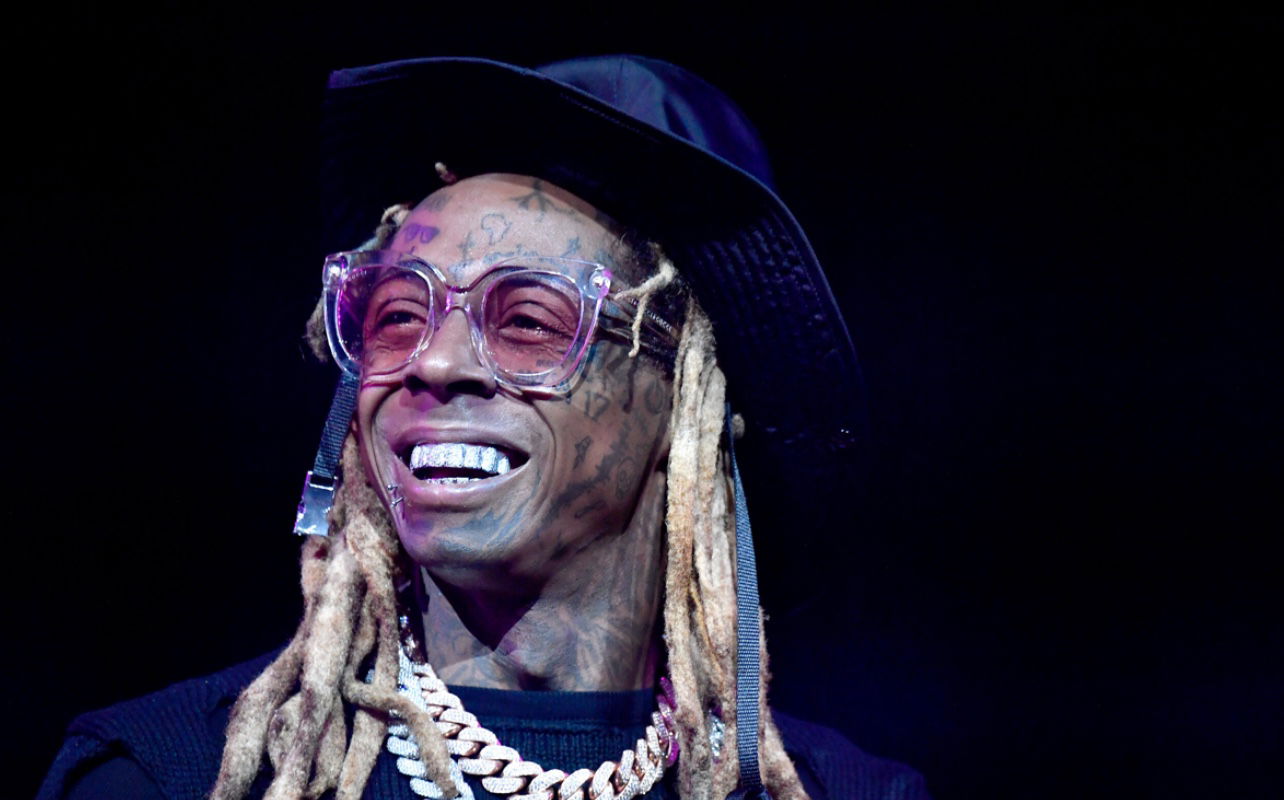
March 11, 2024
Lil Wayne Claimed To Operate A ‘Drug-Free Workplace’ To Get Millions In Government Aid
Lil Wayne has built a brand around his marijuana use but told the government he operated a "drug-free workplace" in order to secure millions in aid.
Lil Wayne has built a brand around his proud use of marijuana and other drugs, but told the government he operated a “drug-free workplace” in order to secure millions of dollars in financial aid.
Newly unveiled documents reveal the millions in relief aid that artists including Lil Wayne and Post Malone received from the Small Business Administration, Business Insider reports. In 2021, the Young Money CEO received $8.9 million for his Young Money Touring Inc. company.
In his filing, the rapper claimed that his touring company communicated the “dangers” of drugs to employees, telling them that violators could be punished or forced to go to rehab. All the while, the “Lollipop” rapper owns a cannabis line, has a signature lighter sound at the start of his songs, and has the word “baked” tattooed on his forehead.
When launching his cannabis line in 2019, Wayne shared his love for weed and how he used it to make music.
“I used to just want to get high, now I smoke to get inspired,” he said in a statement via Benzinga.
Singer Post Malone made similar claims when applying for the pandemic relief aid for his Posty Touring Inc. The “Sunflower” singer claimed to have warned employees against using drugs and was granted $10 million in aid.
However, Malone has proudly shared his love for hallucinogenic mushrooms, telling one interviewer how differently he views “shrooms” from “hard drugs.” The active compound in mushrooms is psilocybin, which has been a Schedule 1 drug since 1970.
The aid was granted under the since-closed Shuttered Venue Operators Grant (SVOG) program, which intended to help struggling music venues avoid bankruptcy during the COVID-19 pandemic. However, in 2023, Business Insider reported that $200 million in payments from the initiative was given to big-name artists who already had millions to their names.
There is a possibility that grant recipients could be prosecuted or sued for lying on their applications. An FAQ page stated that if “an entity is found to have made material misrepresentations on its application as part of a fraudulent effort to obtain SVOG funding, it will have committed an act of perjury and could be subject to various civil and criminal penalties.”
RELATED CONTENT: Hate Groups Received PPP Loans As Black Businesses Struggle To Stay Afloat